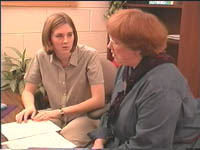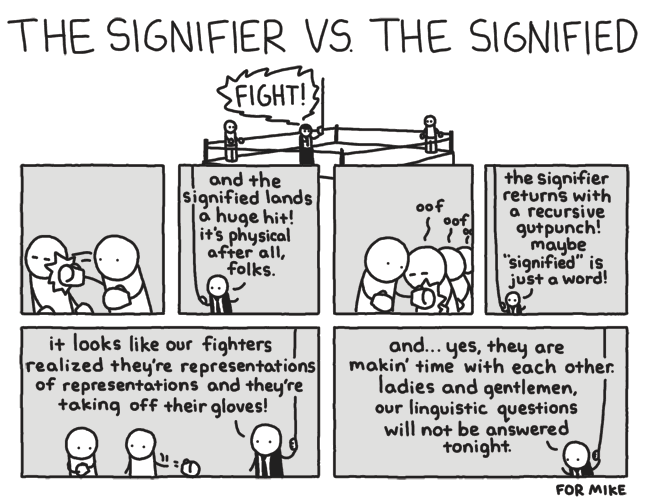
I want to thank Writing Consultant Megan Reilly for providing the advice that follows. Megan has assisted Dr. Leatherman’s HRM 398 course this fall in The School of Continuing Studies.
This type of work is more common now at Richmond, yet often our 18-22 year old undergraduates find the experience to be daunting. I know the feeling; when I was new to teaching, I found it difficult to assist writers who might have been my parents’ age. It was hard to “correct them.”
The theorists whose work we read in the Eng. 383 course leave it as an open question whether it’s fair, or ethical, to make assumptions about writers based upon their ages. The professional literature often portrays “non trad” students as more engaged in learning, better prepared for meetings, more likely to start work early. At the same time, the flip side of this stereotype notes they may have full-time jobs, families, and other civic and personal responsibilities that our (in comparison) carefree undergraduates do not.
Let’s see what Megan has to say about these writers and how we can provide effective assistance to them.
I think that one of the biggest worries that Writing Center Consultants have about working with nontraditional students is the fact that there typically is a considerable age difference between consultants and SCS students. I’m sure both parties do not want any type of “awkwardness” because of this age difference. SCS students are at a very different place in their lives than undergraduate students, and that is something to take note of; however, you do not want this to be a barrier between a ‘good’ or ‘bad’ session.
One of the biggest differences that I’ve noticed between UR undergrads and SCS students is that because SCS students can have regular, full-time jobs and families, this makes it harder to meet in person. I still encourage all of the students in Dr. D’s HRM class to meet with me at the Boatwright Library. When they do, I try to be as prepared as possible and go over the exact same issues that I would bring up with undergrads: content, sentence structure, organization, transitions, APA (or MLA) format. If Dr. D’s students cannot meet with me in person I have them e-mail me their papers. I provide comments via the “Review” feature in Microsoft Word and also e-mail them my thoughts and tell them to e-mail me if they have any questions! It is not uncommon that I look over a couple different drafts and rewrites of the same paper for one student.
I have also consulted with SCS students that have had trouble writing in English–English was not their first language. In many ways this can be a daunting task because you do not want to correct everything wrong in that student’s paper. I suggest choosing a couple sentences that display sentence structural errors (because this could most definitely be the case) and write how such a sentence should be written. Have the SCS student try to correct these errors themselves when going through their paper.
I, personally, do not find working with SCS students that much different than UR undergrads. I think both dynamics require patience and maturity on the part of the Consultant. I believe that it is very important to be prepared, have constructive criticism, and that sense of maturity. You need to show SCS students that you are capable of helping them improve in their writing, even if you are an undergraduate. When I went to introduce myself to Dr. D’s class one student asked my how long had I been working in the Writing Center. The question threw me off-guard at first, but I came to realize that this was a valid question. As the Writing Consultant for this HRM class it was my job to show that I had experience both in the Writing Center and within my own classes.


